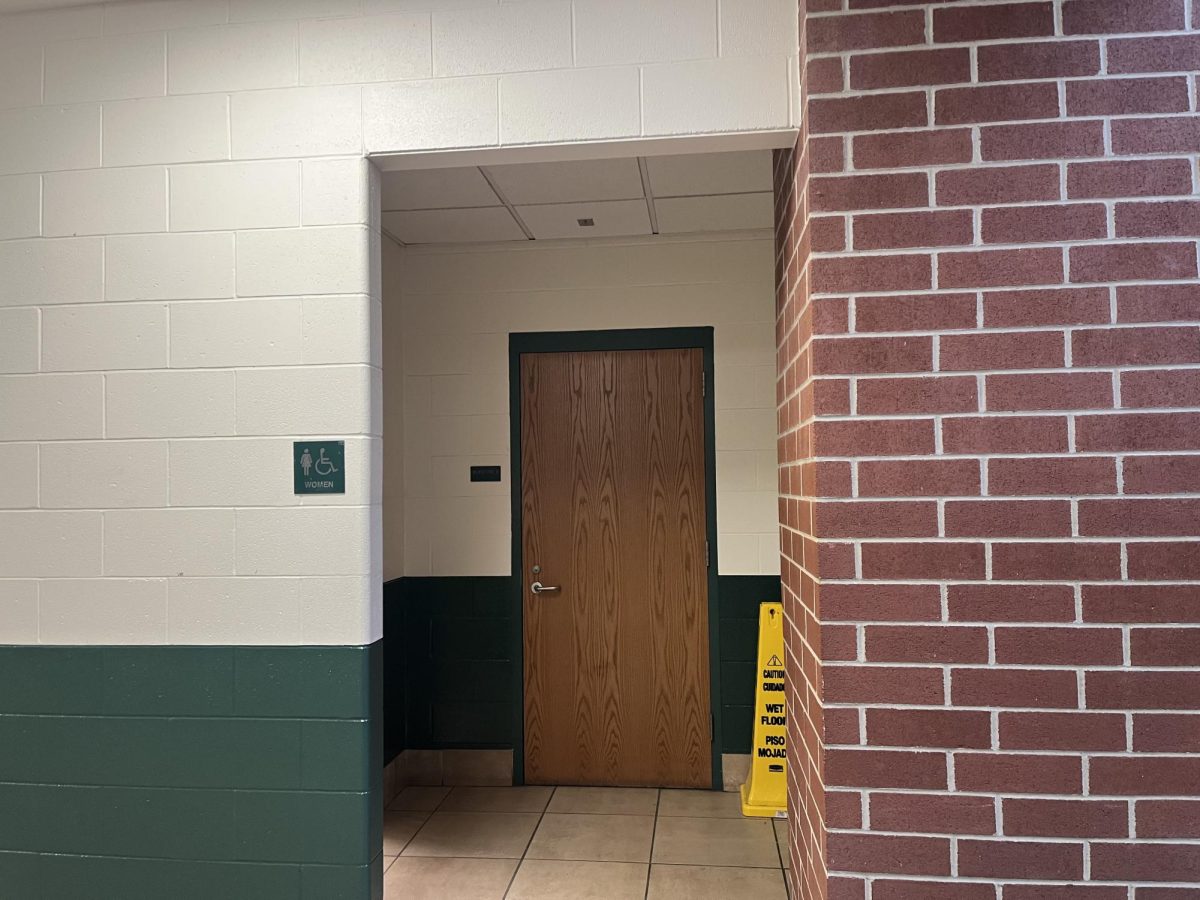In 1993, the Massachusetts Education Reform Act was passed by the state legislature. The bill consisted of sweeping actions that sought to make education in Massachusetts more equitable, especially in low-income communities. One of those actions created the now infamous Massachusetts Comprehensive Assessment System, commonly known by its acronym: MCAS.
MCAS is a standardized test administered to grades 3-10 in public schools throughout the state. The test’s essential purpose is to determine how well a school district is performing in the central competencies of mathematics, English language arts, and science and technology.
Over the years, the Massachusetts Department of Education has used MCAS data to showcase an overperforming school district, as well as to flag an under performing school district and offer support. This has led educators to invest vast amounts of human and financial resources into improving how a school district and its teachers prepare students for the test.
In addition to data collection, passing the test is required for graduation. Grade 9 students must pass a science and technology MCAS, and Grade 10 students must pass both English and mathematics exams. If a student fails any one of these exams, they must retake them until they pass in order to receive a high school diploma.
According to the Massachusetts Department of Elementary and Secondary Education (DESE), MCAS is a beneficial tool that allows students, educators, and parents to identify what areas are a struggle for students and where they excel. Further, DESE says the tests serve as evidence to justify why taxpayers should continue investment in public education.
On the flip side of this, opponents of the test, such as the Massachusetts Teachers Association (MTA), say MCAS is a one-size-fits-all system that bars capable students from graduating from high school—and thus drives lower graduation rates in the very communities MCAS and the Education Reform Act were supposed to serve. Additionally, opponents argue that educators teaching MCAS driven courses, which are classes that have MCAS tests based on it, are stuck teaching memorization of specific content instead of fostering actual learning.
These two viewpoints have led to vigorous debate over whether MCAS should continue as a graduation requirement or if it should be abolished as a graduation requirement. Today, after nearly 30 years of MCAS testing, the debate over the equity and fairness of MCAS has culminated in a ballot measure that will be put before voters this upcoming election day, November 5. Question 2 will ultimately decide the fate of MCAS as a graduation requirement. A yes vote will remove MCAS as a graduation requirement, although the test will still continue. A no vote will make no changes to the current system of MCAS.
Yes on 2
I am someone who loves to learn and loves to know things about the greater world around me. Throughout my 11-year educational career, I have found value in much of the knowledge I have accumulated. In fact, in many cases I have taken that knowledge and applied it to the real world. For example, in grade 5, my class learned about the different phases of the moon; to this day, I am able to look at the moon on a clear night and call out what phase it is in. This practice, fostered by my education, has largely set me up to be a lifelong learner—which is notably part of the mission of the Dartmouth Public Schools.
Conversely, I have sat in classrooms throughout my educational career learning things that evoked the notorious question, “When will I ever use this again in my life?” I recall a specific time in my geometry class sophomore year when we were learning about triangle proofs. The whole class was struggling to grasp the content. One student in the class asked the teacher why learning this was important, and the teacher could not provide an answer. This is just one of the many times over the years I have heard more vocal students put into words what the other 20 or so students were undoubtedly thinking. In my experience, if I do not see purpose in what I am doing, I don’t have the same passion or focus on the work before me.
During freshman year, I sat in biology class and learned specific information at an accelerated speed because I was told by my teacher that I had to know the content for the MCAS exam in May. That very same teacher would often lament that they couldn’t cover a specific topic in more depth because the framework MCAS set for the class simply did not allow for that. I did not understand why I needed to know how mitosis works in order to lead a successful life. To me this seemed like the details of the class were a product of a pointless curriculum that was forced by the MCAS test.
Besides the glaring problems students face within the classroom portion of an MCAS-driven class, the real issues reveal themselves on testing day. Students are lined side-by-side in rows of desks and are asked to remain completely silent for 90 to 120 minutes. During this time, students must remain focused on the long list of questions that may ask them to recall information they learned many months or even years ago. For me, the experience of going through MCAS testing has always been anxiety-inducing. I have never been able to remain focused throughout a whole testing session.
Beyond me, I can imagine that the testing format is not fair to students who struggle with learning. Though they receive accommodations, that is simply not enough because students are still subject to the stressful conditions detailed above, despite the adaptations. Even if a student gets a reader or a separate testing space, that student still has to remain quiet and seated for the duration of the test.
Test data has shown that school districts with a majority of students who are low-income, or English Language Learners, perform worse on the test overall than districts that do not have the same demographics. This translates to certain schools chronically under performing and thus stuck in a vicious cycle of low student achievement on MCAS. This could contribute to lower graduation rates.
In our local area, the urban New Bedford school district faces this challenge. According to DESE, 25% are English language learners and 82.5% of students are low-income. This correlated to 33% of grade 10 students failing the English test—which is a staggering 21% higher than the state average of failures.
In the neighboring suburban community of Dartmouth, only 1.8% of students are English Language Learners and 30.4% of students are low-income. When Grade 10 students took the same English test last year, 8% of students failed, which is 4% better than the state average.
Taken separately, these data points don’t mean much. But taken together, they expose a troubling trend: MCAS hurts low-income students and English Language Learners while having limited effect on students who do not face these barriers. MCAS set out to make education in Massachusetts more equitable, but instead it compromised the most vulnerable students in the state. Many say that these vulnerable schools should be performing better given the great level of support they get through MCAS data; however, this is not reasonable because MCAS disadvantages students in these districts, and therefore the support provided by the outcome of the test is not really helping.
Fortunately, in the 17 MCAS tests I have taken over the years, I have not failed one. But I can imagine that it is discouraging to continue to take a test that you cannot pass, especially if that test is tied with your ability to graduate from high school. We must consider what MCAS is doing to the mental health and future success of students who struggle with the test. MCAS is an inequitable exam that is harming Massachusetts’s most vulnerable students, which is why voters must vote yes on Question 2.
















samuel brodsky • Nov 7, 2024 at 12:13 pm
nice article…two days too late! i already voted!